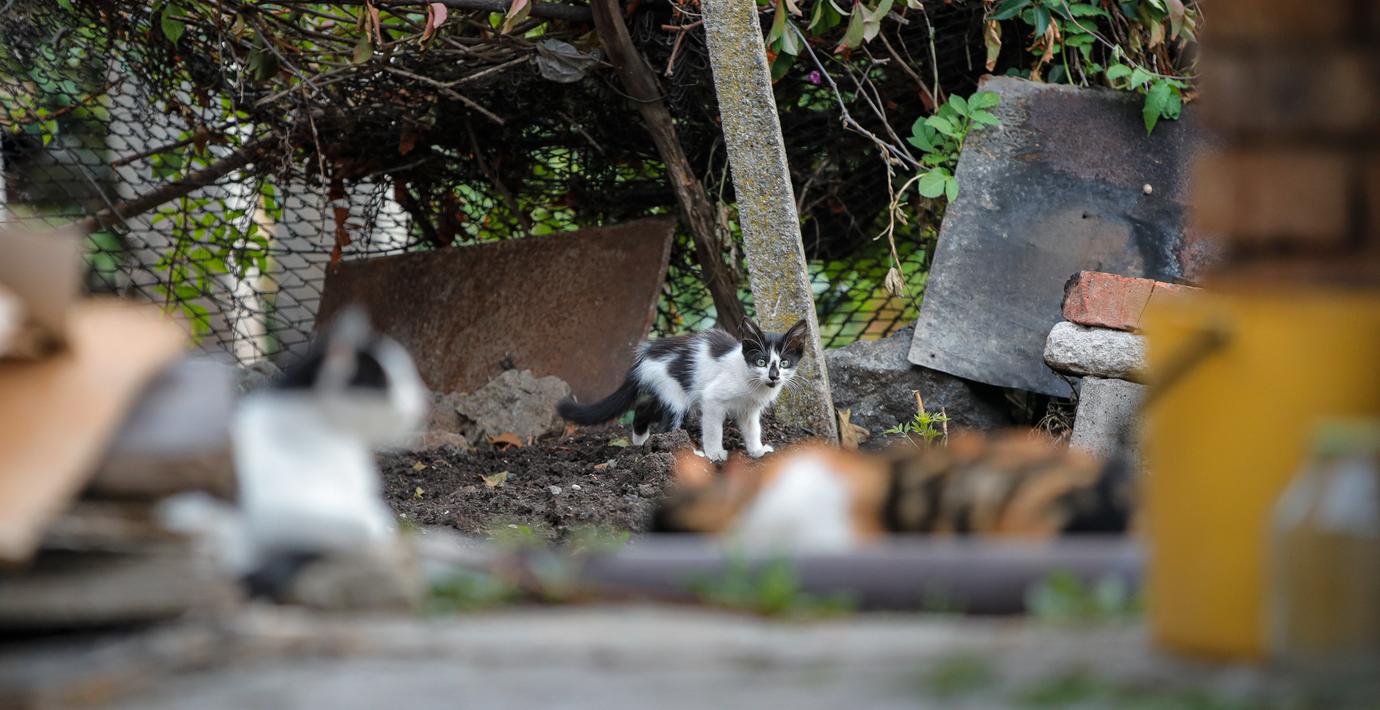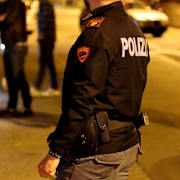
Romsk bosättning än mer isolerad under pandemin
Den romska befolkningen i en bosättning i Sliven, Bulgarien, upplever att de blir ännu mer isolerade under coronapandemin, rapporterar BBC.
– Vi har oftast inte vatten, el eller vägar. Det enda vi har är smuts och lera, säger Mischev till nyhetskanalen.
Han berättar att när pandemin startade så låstes grinden till bosättningen, som är avskuren från resten av staden på grund av järnvägen.
Drygt 25 000 personer bor i det fattiga området. Skolorna är stängda på grund av covid-19 och har ersatts av distansundervisning, men få har internet eller tekniken som krävs. I reportaget uttalar sig flera som känner sig övergivna i pandemin.
bakgrund
Romer i Bulgarien
Wikipedia (en)
Romani people (Bulgarian: цигани [tsiɡɐni], роми [rɔmi]) in Bulgaria constitute Europe's densest Romani minority. The Romani people in Bulgaria "speak Bulgarian, Turkish or Romani, depending on the region and their religious affiliations."
According to the latest census in 2011, the number of the Romani is 325,343, constituting 4.4% of the total population, in which only one ethnic group could be opted as an answer and 10% of the total population did not respond to the question on ethnic group. In a conclusive report of the census sent to Eurostat, the authors of the census (the National Statistical Institute of Bulgaria) identified the census results on ethnicity as a "gross manipulation". The former head of the National Statistical Institute of Bulgaria, Reneta Indzhova claims to have been fired by the Bulgarian Prime Minister in 2014 for attempting to check the actual number of the Romani and implied that neither the census did enumerate the Romani, nor its statistics did provide the "real data". Unlike other censuses under Eurostat, which require the ethnic identification to be verified by a family tree, in the Bulgarian census the ethnic identification is completely up to the voluntarily identification of the enumerated and not up to any further investigation by the enumerators.The previous 2001 census recorded 370,908 Romani (4.7% of the population). The preceding 1992 census recorded 313,396 Romani (3.7% of the population), while a secret backstage 1992 census ordered by the Ministry of Interior recorded a figure of 550,000 Romani (6.5% of the population); the Ministry of Interior ordered at least two other secret censuses to enumerate the Romani in denial, the one in 1980 recorded 523,519 Romani, while the one in 1989 recorded that the number of the Romani was 576,927 (6.5% of the population) and that over half of the Romani identified as Turks. The majority of the estimated 200,000-400,000 Muslim Romani tend to identify themselves as ethnic Turks, some deny their origin, or identify as Bulgarians.
The demographic collapse in Bulgaria affects only ethnic groups other than the Romani.
According to data of the European Commission, to which Eurostat belongs, the Romani in Bulgaria number 750,000 and they constitute 10.33% of the population. An NGO estimates that the number of the Romani in Bulgaria is twice as this high and their population grows by 35,000 a year.
Sliven, Bulgarien
Omni är politiskt obundna och oberoende. Vi strävar efter att ge fler perspektiv på nyheterna. Har du frågor eller synpunkter kring vår rapportering? Kontakta redaktionen



